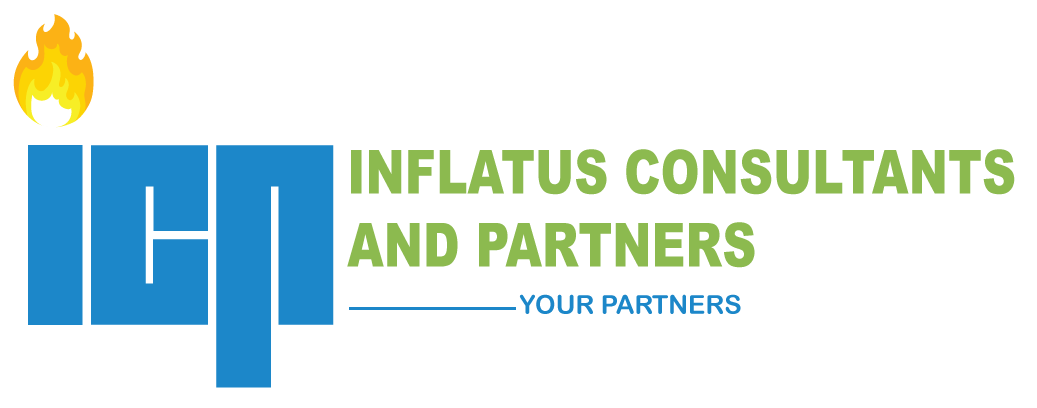HOW TO SELECT A COACH OR MENTOR PART 2
I conclude this two-part series by offering suggestions on how to select and work with a coach for personal and professional growth. Few concepts have suffered more misrepresentation and abuse than coaching. For most people, the idea of a coach is more of a sports coach. But in recent times such expressions as life coach, career coach, executive coach and business coach have caught on.
Some have even confused mentors, consultants, counselors, advisers, instructors etc. for coaches. Let me clarify by making the following distinctions:
- A mentor shares his rich repertoire of experiences. Mentorship assumes that the mentors’ experience is the best and a fit for everyone in every situation. That requires that the mentor shares the same profession and be a more advanced professional in the field concerned. I discussed who a mentor is last week.
- A Counsellor generally offers therapeutic or corrective services whereas coaching is more proactive.
- A Teacher or Trainer shares information in a structured manner.
- A coach asks open, explorative questions and listens deeply, allowing the individual to tap into the inner resources within him. He may intervene as necessary with solutions, but the client owns the process and solution.
Coaches may share their experience to provide context, but only with the permission of the client. The preference is to skillfully explore, through intelligent, open and curiosity-based questions, as many options as possible, for a solution that is generated from the participant.
The International Coach Federation (ICF) defines coaching as partnering with clients in a thought-provoking and creative process that inspires them to maximize their personal and professional potential.
Why do you need a Coach?
Individual circumstances and what one intends to achieve determine the need for a coach. For instance, in a recent essay, I suggested that the overly busy project manager may need a coach to walk him through the process of establishing his personal priorities for professional effectiveness.
Other situations that may necessitate the engagement of a coach include the need to:
- Avoid burnout and balance work, family, hobbies, and health.
- Gain more influence in the organization.
- Launch a new initiative.
- Improve business relationship with bosses.
- Improve leadership skills as one ventures into new, unfamiliar areas.
- Quickly gain knowledge about new functions where experience is lacking.
- Make a transition to a new role or organization.
- Make decisions with incomplete information.
- Make improvements in response to negative feedback from colleagues.
- Establish and take action towards achieving goals.
- Gain more job and life satisfaction.
- Work more easily and productively with others (boss, direct reports, peers).
- Communicate more effectively.
The list is endless. Motivational speaker, William Arruda, in an article in Forbes Magazine outlines some additional reasons why one may need a coach.
For many, coaching is a life-changing experience that dramatically improves their outlook on work and life while improving leadership skills. Coaching helps people tap into their potentials, unlocking sources of creativity and productivity. Ideally, managers and supervisors should coach their subordinates. But that is largely not the case.
In my opinion, the question is not whether or not you need a coach, but how to select a coach that is a fit for you. We make some suggestions to that effect.
Author and CEO, Henna Inam, in her article How to select an executive coach published in Forbes Magazine advises to clarify the following:
- Confidentiality. Although confidentiality is part of coaching ethics you still need to clarify how the coach handles it.
- Credentials. Make sure that the coach is certified through a certification body, at least for accountability purposes.
- Coaching experience and success rate. You want to know how long they have been coaching and their success track record they with leaders like you.
- How coaching success is measured. This will help you understand how the coach will help you to measure success. Success should be measured in terms of skills and behavior change.
Breck Arnzen, executive coach and CEO, also suggests to ensure that the coach has:
- A clearly defined, yet flexible, coaching approach that achieves results.
- Skills in deep listening, asking probing questions, identifying underlying patterns of behavior, etc.
- A collaborative style that will work with you.
- Referrals and testimonials from past clients and/or colleagues in the coaching field.
A Stanford study has shown that not many CEOs are being coached, and that most would like to have that opportunity. That shows that corporate executives are beginning to see coaching as an investment their organization is making in their success, and are even beginning to become informed consumers.
Finally, you need to consider the mode of delivery: face-to-face, email, telephone or video based or a mixture of these. This is likely to impact both the cost and the effectiveness of the program.
Ultimately, the program should be designed and delivered creatively and flexibly to meet your needs, personal preferences, budget and learning style.
The most important thing is to be satisfied that they are right for you and will give you the right service to move you forward.
The ultimate purpose of coaching is to produce a better you. In support of this, entrepreneur and coach, Christian Simpson asserts that the underlying purpose of coaching is to produce a stronger, more resourceful, accountable, responsible, self-empowered and confident individual who is capable of self-directed change. Who doesn’t want that?
The process of achieving that is by in-depth self-exploration under the guidance of a competent coach. James Allen, author of As a Man Thinketh, lends credence to this when he said that only by much searching are gold and diamonds obtained, and man can find every truth connected to his being if he will dig deep into the mine of his soul.


